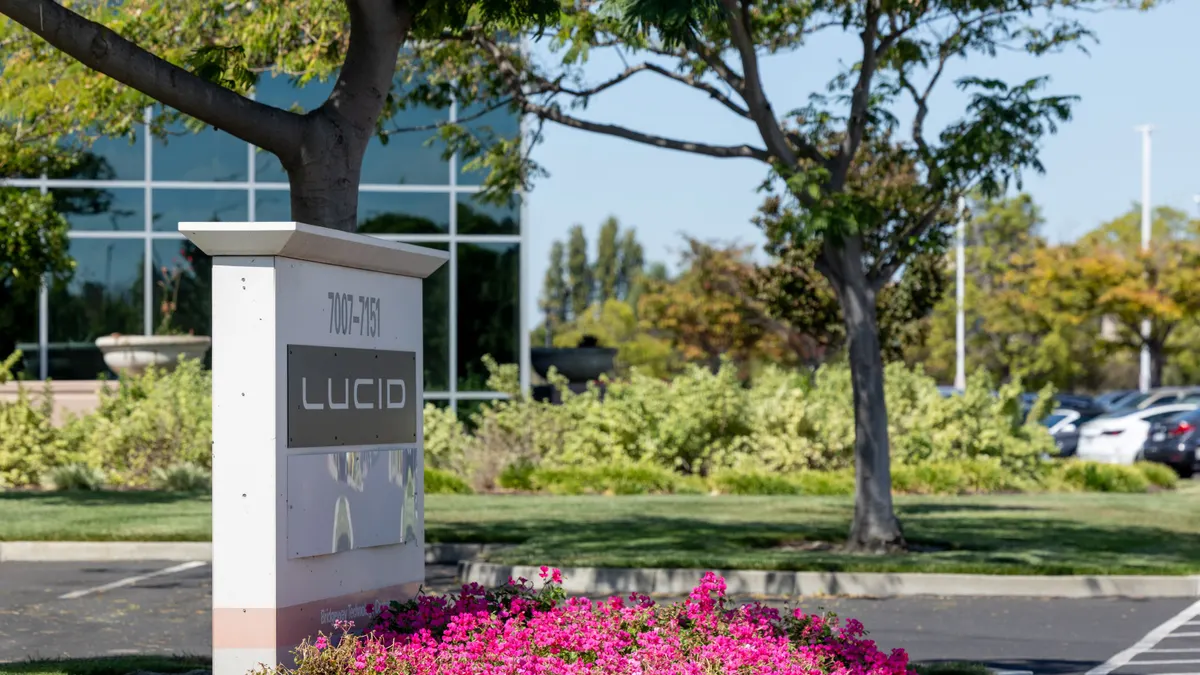Neither the United States, Europe, nor any other region has recognized uniform financial reporting standards on climate change or sustainability. Instead, more than 50 groups have formulated guidelines or scorecards.
As a result, while most public companies have disclosed some of their sustainability efforts, CFOs have struggled to figure out precisely what disclosures should cover. Similarly, asset managers have failed to agree on what qualifies a company to be included in a portfolio of ESG-conscious businesses.
I am a trustee of the IFRS Foundation, which oversees the International Accounting Standards Board (IASB). The IASB promulgates international financial reporting standards, which have been adopted by most major countries other than the United States.
Since the foundation has successfully gotten 140 jurisdictions to adopt IFRS accounting, many investors and regulators called upon us to develop a comprehensive baseline of sustainability disclosures for the financial markets. Those regulators included the G20 Finance Ministers, the Central Bank governors, and the International Organization of Securities Commissions (IOSCO).
In response, the IFRS Foundation announced three significant initiatives at the COP 26 in Glasgow in November 2021.
First, the foundation established the International Sustainability Standards Board (ISSB) to develop a comprehensive baseline of high-quality sustainability disclosures for listed companies. The full-time chairman of the ISSB will be Emmanuel Faber, the former chair and CEO of Danone. Key functions of the ISSB will reside in Frankfurt and Montreal.
Second, the foundation persuaded two existing groups to join its sustainability initiative — the Climate Disclosure Standards Board (CDSB) and the Value Reporting Foundation (VRF). The VRF, in turn, houses the Integrated Reporting Framework and the SASB industry standards.
Third, the foundation published two prototypes for disclosures — on climate and general sustainability — to give the new board a running start. The prototypes were written by the Technical Readiness Working Group, organized by the foundation, which includes experts from the organizations above, as well as the Taskforce on Climate-related Financial Disclosures (TCFD) and the World Economic Forum (WEF).
Here are the answers to a few top-of-mind questions CFOs may have.
1. Will the ISSB focus on the informational needs of investors or on the broader implications of sustainability for society?
The former. The ISSB will focus on the material impact of sustainability factors on the future cash flows and enterprise value of public companies rather than the broad implications for society. But investors are also interested in nonfinancial metrics on ESG efforts.
2. How will the work of the ISSB relate to the work of the IASB on financial reporting?
The ISSB will cooperate with the IASB to ensure compatibility between financial accounting and sustainability disclosures. The new board and the IASB will be overseen by the IFRS Foundation trustees, accountable to the same monitoring board, including representatives from regulators in the United States and other major countries.
3. What procedures will ISSB use in producing its disclosure standards?
The new sustainability board will follow the rigorous procedures for public notice and comment followed by the IASB. Moreover, the standards will not be automatically applied; each country will have to adopt the standards to be applicable in their jurisdiction.
4. How will the standards of the ISSB fit into the standards already issued on climate risk?
The staff of the ISSB will include staff of the CDSB and the VRF. So, the new sustainability standards will build upon the knowledge and expertise of those organizations, as well as recommendations from other members of the technical readiness working group.
5. What will be the composition of the ISSB?
Besides the chair, the ISSB will have one or two vice-chairs. They will be appointed in the first quarter of 2022. Soon afterward, 11 other members will be appointed to the ISSB. Those members will be drawn from a diverse group of investors and industries across the world.
6. Will the United States follow the standards promulgated by the ISSB?
That’s a decision for the U.S. to make. The staff of the U.S. Securities and Exchange Commission (SEC) has been actively involved in the technical readiness working group. In addition, the SEC is a key player in IOSCO, and U.S. officials are members of the monitoring board.
While the SEC will likely propose sustainability reporting rules in the first quarter, it is hoped the commission will coordinate closely with the ISSB.
7. Will U.S. companies be able to avoid ISSB disclosure standards if the U.S. chooses not to coordinate its standards with the ISSB’s?
Again, that’s a question for the jurisdictions. Early indications are that if a U.S. company does significant business in Europe or Asia, it will likely have to comply with the sustainability disclosure standards of the countries in those regions. The European Union has already indicated it will apply its sustainability disclosure standards to any company doing business in the EU.
The IFRS Foundation’s ambition is for the ISSB’s disclosure standards on sustainability to be adopted by most countries over the next few years. Many U.S. companies already provide disclosures based on the SASB’s industry standards because institutional investors like such disclosures.
If the U.S. actively participates in the ISSB’s work, it will play a significant role in shaping global standards. If not, U.S. companies doing business abroad will be subject to sustainability disclosure standards that their regulator had no hand in writing.
***
Robert Pozen is a senior lecturer at MIT Sloan School of Management and a former president of Fidelity Investments.





















